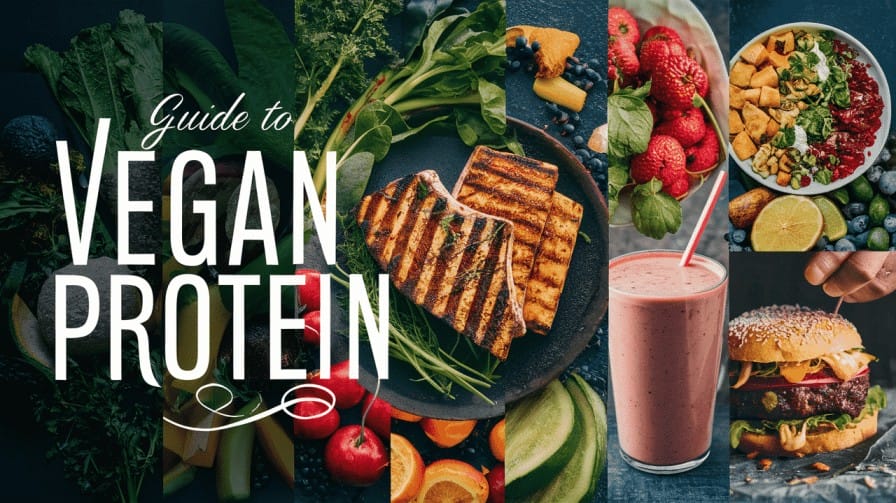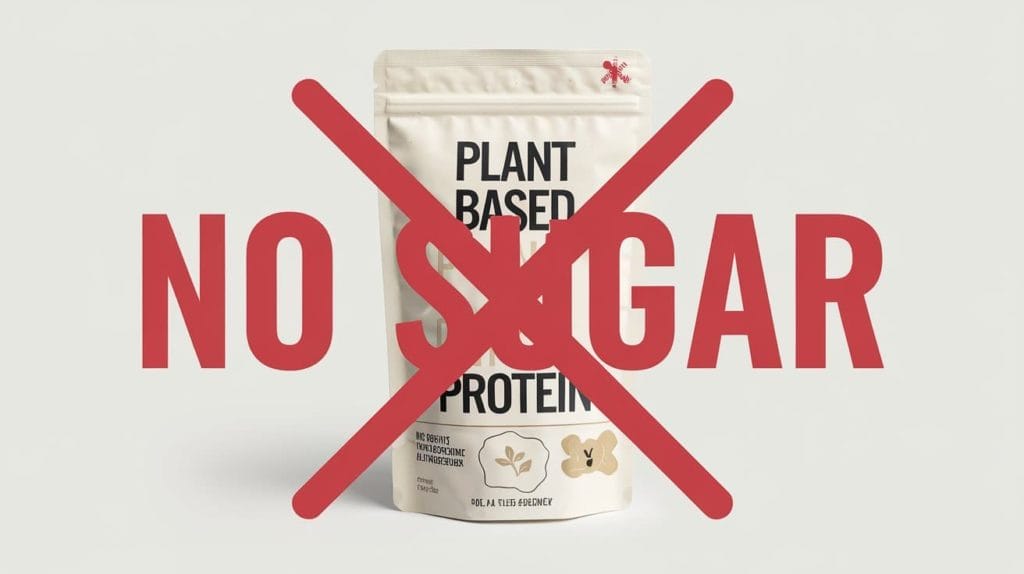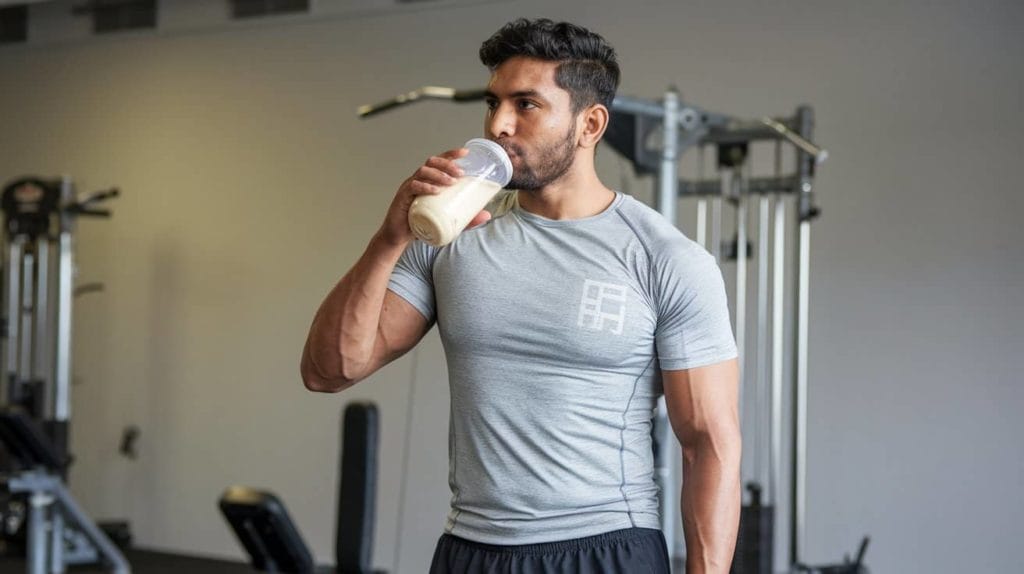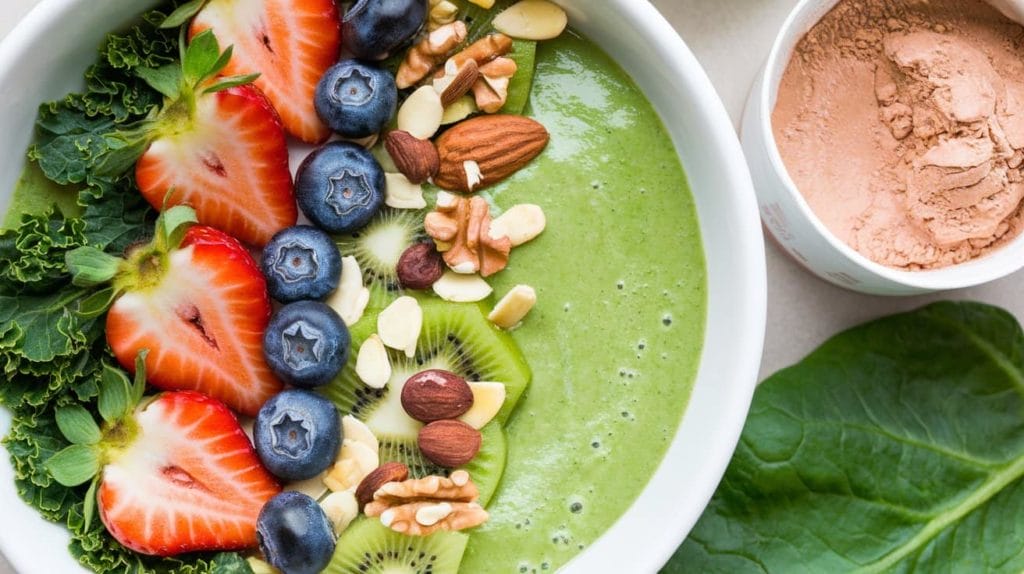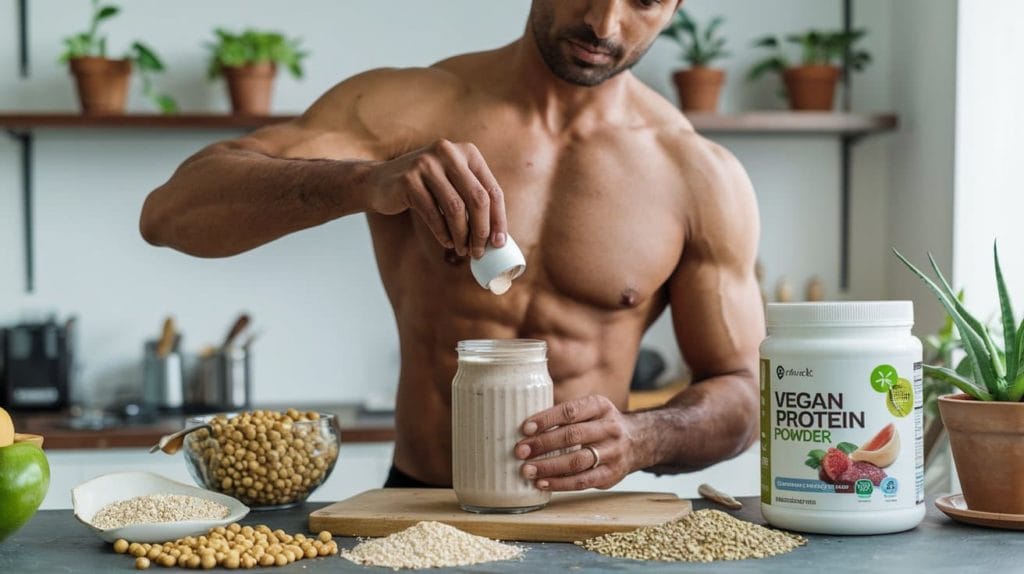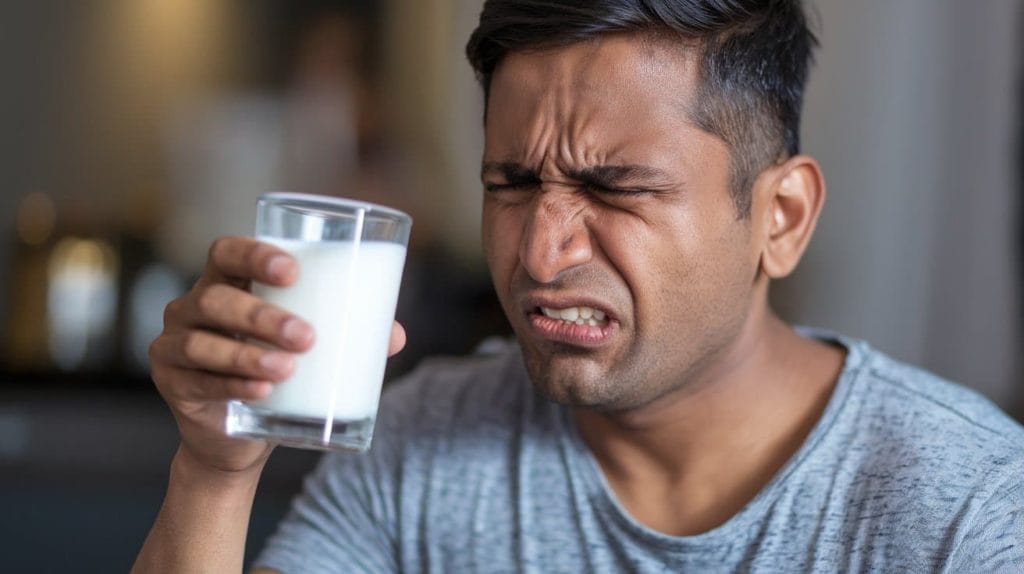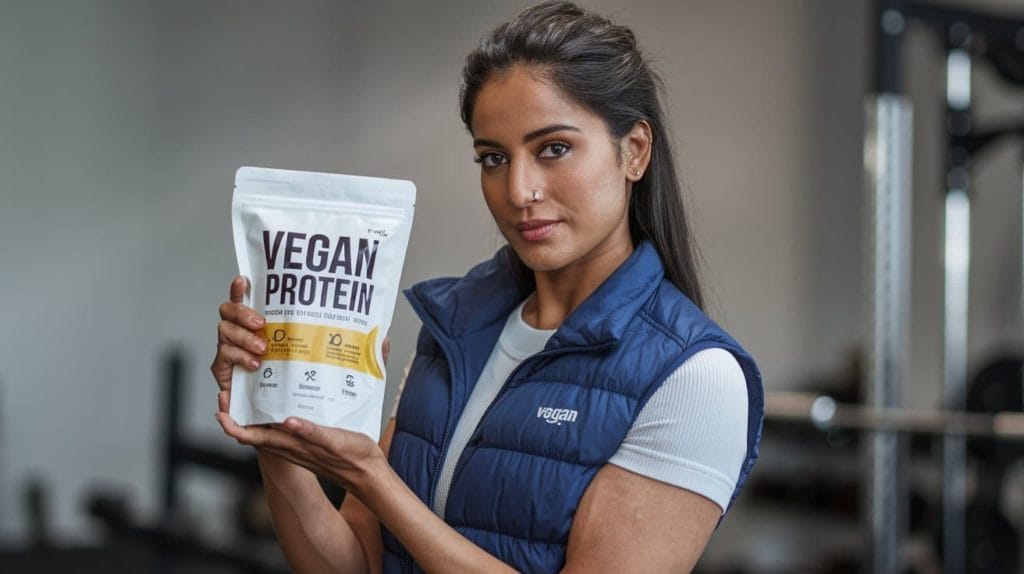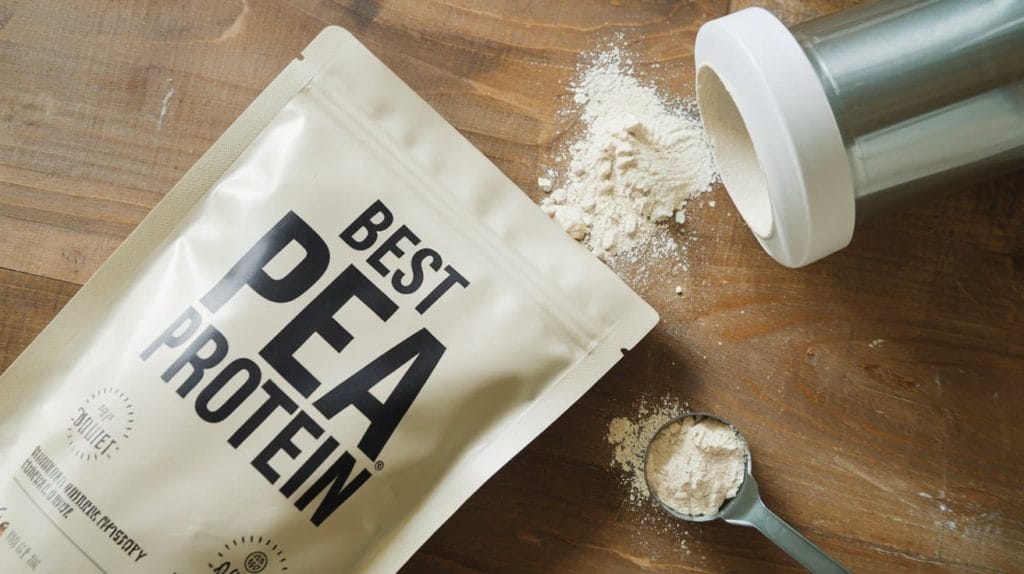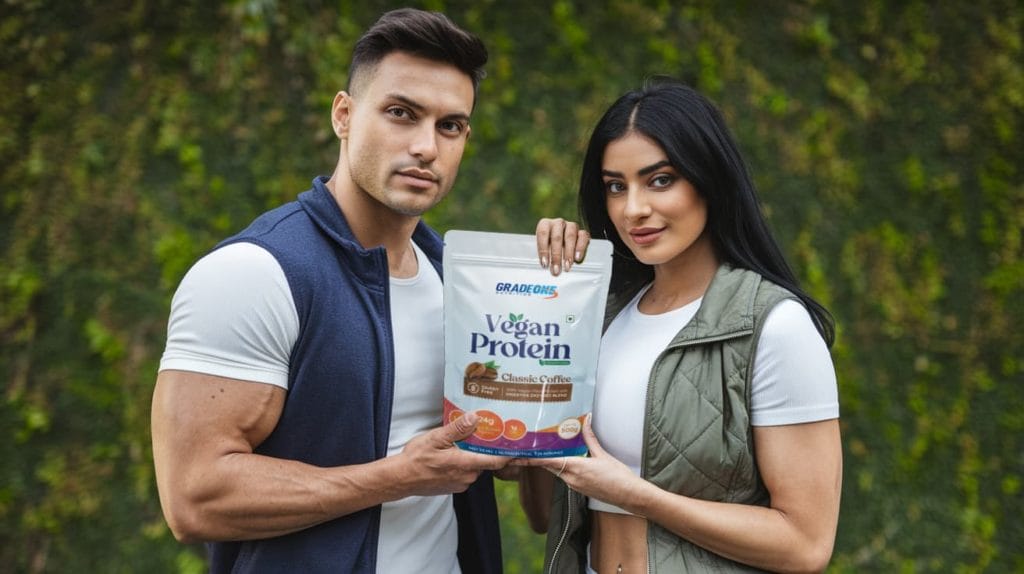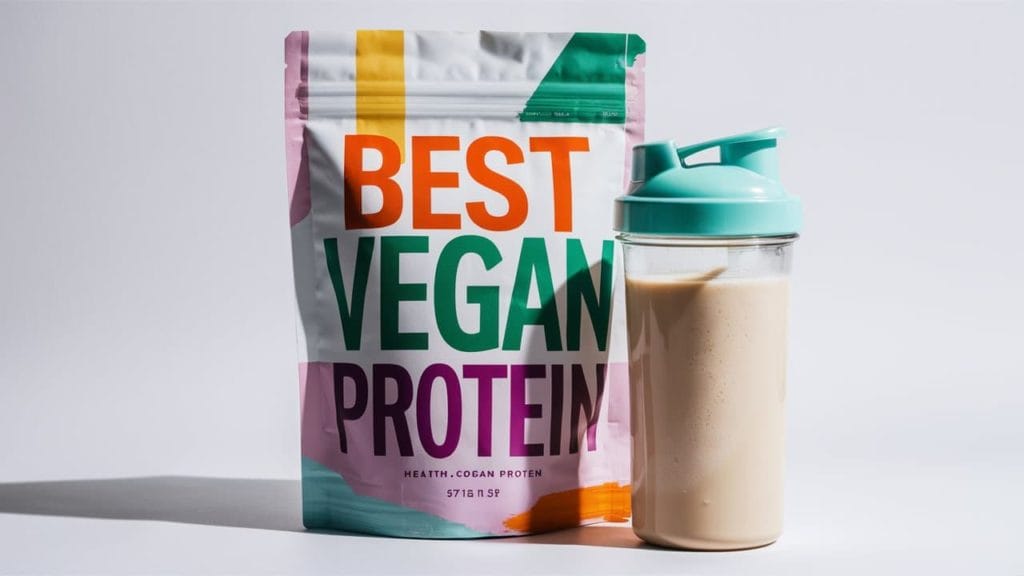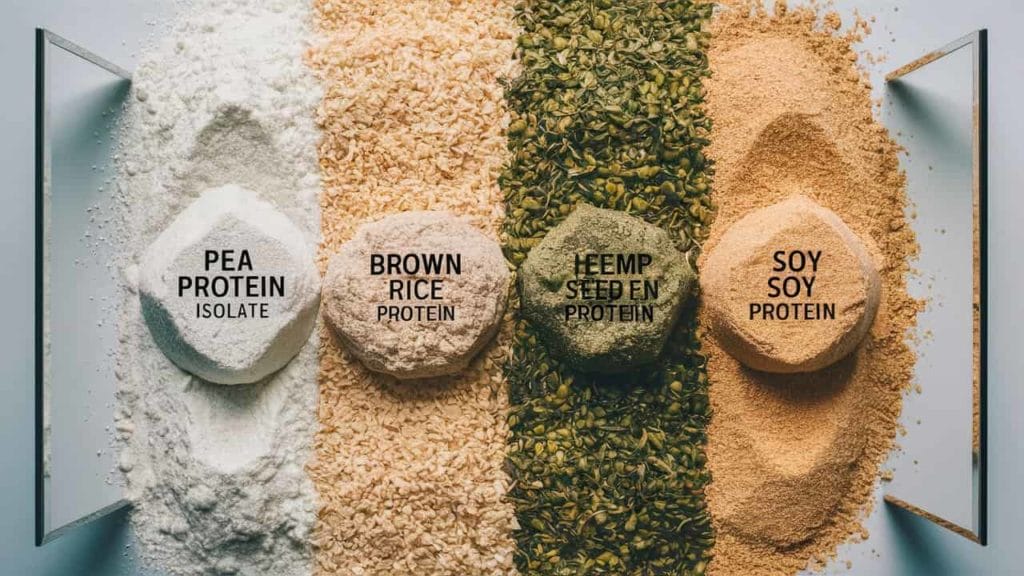Vegan protein has become increasingly popular in India due to its numerous health benefits and suitability for various dietary preferences. In this guide to vegan protein, we address the top questions people commonly ask about vegan protein.
1. Is Vegan Protein as Effective as Whey Protein for Muscle Building?
Yes, vegan protein can be just as effective as whey protein for muscle building. Pea protein, brown rice protein, and hemp protein offer a complete amino acid profile essential for muscle repair and growth. Studies show that when consumed in adequate amounts, plant-based proteins can support muscle synthesis similarly to animal-based proteins.
2. What are the Best Sources of Vegan Protein?
The best sources of vegan protein include:
- Pea Protein Isolate: Rich in BCAAs, great for muscle growth.
- Brown Rice Protein: Hypoallergenic and easy to digest.
- Hemp Protein: Contains essential fatty acids and fiber. Other sources include quinoa, lentils, chickpeas, and chia seeds.
3. Can Vegan Protein Cause Digestive Issues?
Generally, vegan protein is well-tolerated. However, some individuals might experience digestive issues like bloating or gas, especially if they are not accustomed to high-fiber diets. It’s advisable to start with smaller servings and gradually increase intake.
4. How Much Vegan Protein Should I Consume Daily?
The daily protein requirement varies based on factors like age, gender, activity level, and fitness goals. For general health, adults typically need about 0.8 grams of protein per kilogram of body weight. For muscle building, this can increase to 1.2-2.2 grams per kilogram. Consulting a nutritionist can provide personalized guidance.
5. Can Vegan Protein Help with Weight Loss?
Yes, vegan protein can aid in weight loss. High-protein diets help maintain satiety, reduce appetite, and support muscle mass, which boosts metabolism. Plant-based proteins are also lower in calories and fat compared to animal proteins, making them a healthier choice for weight management.
6. Is Vegan Protein Safe for Children and Elderly People?
Vegan protein is safe for children and the elderly when consumed as part of a balanced diet. It provides essential nutrients without the added cholesterol and saturated fats in animal proteins. However, ensuring that their overall diet meets all nutritional needs is crucial.
7. How Does Vegan Protein Taste Compared to Other Protein Powders?
Taste can vary widely depending on the source and brand. Some vegan proteins have an earthy or nutty flavour, while others may be more neutral. Many brands offer flavoured options like chocolate, vanilla, and berry to enhance taste. It’s often a matter of personal preference.
8. Why Is Vegan Protein Powder More Expensive?
The cost of vegan protein powder can vary depending on the brand, ingredients, and quality. Generally, it may be slightly more expensive than whey protein due to the cost of sourcing and processing plant-based ingredients.
9. What Should I Look for When Buying Vegan Protein Powder?
When selecting a vegan protein powder, consider the following:
- Protein Content: Look for a high protein per serving.
- Amino Acid Profile: Ensure it contains all essential amino acids.
- Additives: Choose products with minimal additives and natural sweeteners.
- Brand Reputation: Opt for reputable brands with good reviews.
- Flavor and Texture: Pick a flavor you enjoy and a texture that mixes well.
Conclusion
Vegan protein is a versatile and effective option for anyone looking to increase their protein intake, whether for muscle building, weight loss, or overall health. By understanding its benefits and selecting the right product, you can seamlessly incorporate vegan protein into your diet.
